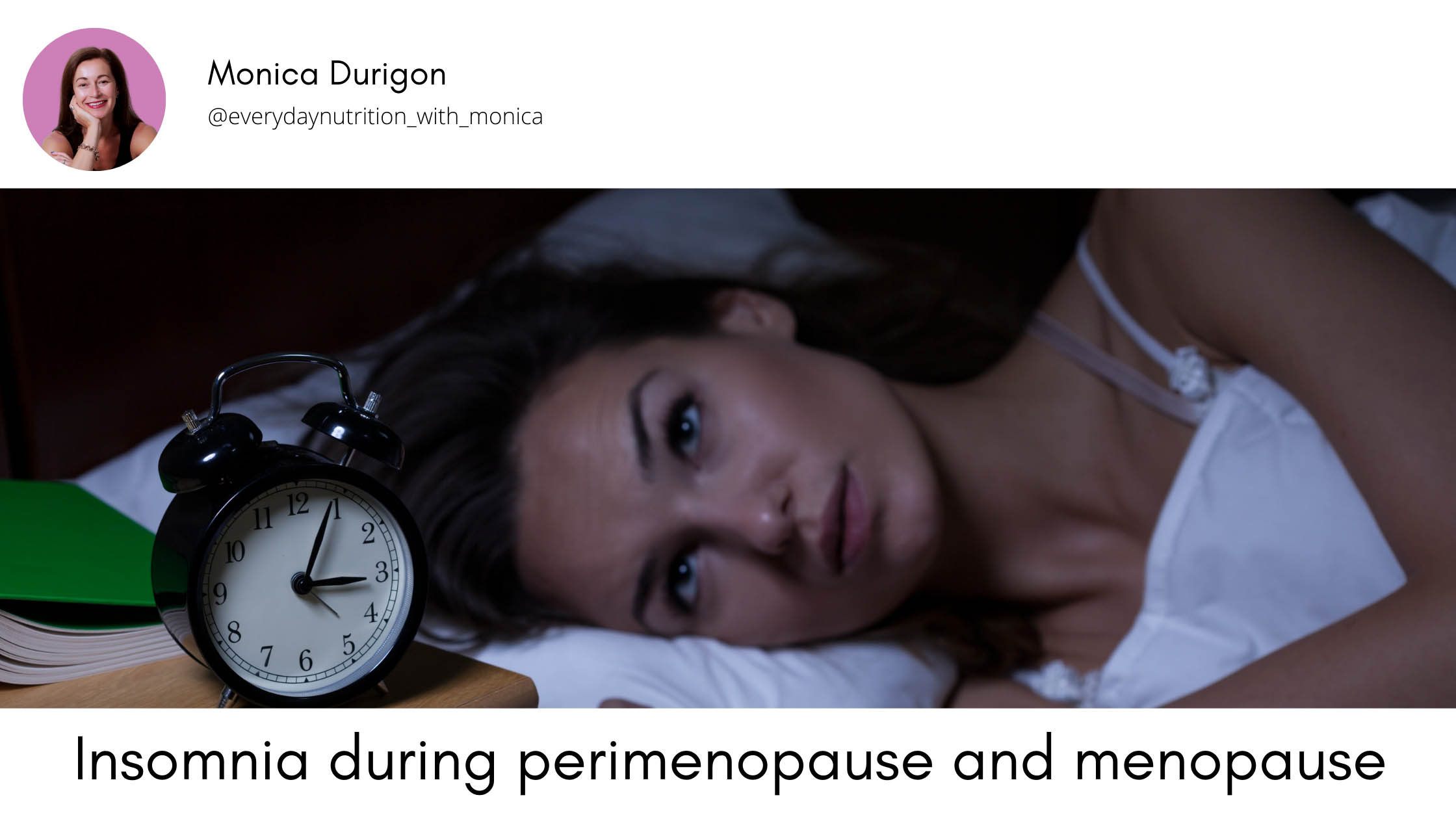Do you snack after dinner, even if you are not hungry?
Do you find yourself opening the kitchen cupboards and fridge door over and over again even after you had a complete dinner?
Do you sit in front of the television and immediately think about which snack to get?
Do you feel overwhelmed by cravings shortly after you have your dinner?
You are not alone!
Many of us are struggling with changing this unhelpful and unhealthy habit.
Why do we do it?
How can we stop it ?
This blog is all about evening snacking and how to put a stop to the extra, unnecessary food we consume in the evening, when we finally relax, sit down, often in front of the television. Even after a full dinner…we might start thinking “…mmm…I feel like having a little something “. We crave for some sweetness or maybe for some salty snacks, and we make several trips to the kitchen …searching for something to soothe us or, maybe, to reward us for the hard day we had.
Night-time revenge

When we are busy, tired and running from one task to the next, without making time for self care, by the end of the day we need to compensate for this lack… and we do it, mostly, unconsciously.
I call this “night-time revenge”.I have a specific video on this topic in the guide session of the FB group and I will also add the link on the comments for this training.
We take night-time revenge when we go through our working days without proper breaks to allow us to rebalance our stress response, or without any mindful activities which support our wellbeing, or we lack proper nourishment. Lacking in these wellbeing pieces, will trigger in us the need to self-soothe during the evening …and the quickest, easiest and, some may also argue, most delicious way to do it, is munching though our favourite chocolate bar, or bag of popcorn, or a packet of our favourite biscuit or Maltesers…
A learned behaviour
After-dinner eating is challenging to overcome because it is a learned behavior, something that you have been doing for a while, and for some of you it might always have been part of your life since childhood. However challenging as it might be, you need to know that your body and your mind are highly trainable.
By repeating this habit for a length of time, you have trained your body and brain to expect a nighttime snack, and it will spike hunger hormones and produce digestive enzymes in anticipation of food.
So, when you start working on changing this pattern, your brain will remind you that it is time for a snack by making you crave for certain types of foods ( this is quite individual) . For me it was creamy porridge with honey and nuts … or chocolate with hazelnuts !
Be aware that is definitely going to happen but also that you will absolutely reach a point where you will not need nor miss your after-dinner snacking. However you need to be consistent with your efforts and to facilitate consistency, there are some strategies that will help you by tapping into your biology so that you work with your body’s needs and rather than against it.
Strategy #1
Controlling hunger and cravings is easier when your eating style is low in carbs and rich in healthy fats. Eating fats is very hunger and taste buds satisfying whilst eating carbohydrates does not fill you up for as long.
Especially refined carbs such as pasta, bread, white rice, starchy vegetables or any prepared meals and takeaways high in refined sugars which are digested quickly and spike your blood sugar balance, will not satisfy you for very long and they will actually stimulate cravings for more sugar.
And in addition to that, you must consider that your cells are less sensitive to insulin in the evening. Insulin is the hormone which is responsible to distribute sugar from the blood into the cells for energy production. So, when you eat a high-carb dinner, insulin lingers in your blood for longer and promotes fat storage overnight.
The best types of carbs you can consume at night are those which are also rich in fiber such as broccoli, peppers, cabbages, cauliflowers, Brussels sprout, mushrooms …they add volume to your meals and because of their high fiber content will release the sugars that they contain slowly in your system without causing spikes in blood glucose and keep you fuller for longer.
Strategy #2 Use a breaker

When you feel the urge to eat, acknowledge it, pause and use a “breaker”. This can be an activity or a thing that acts as an off switch. Think and prepare ahead some breakers so that you are ready to switch off your urge.
Examples of breakers are:
Drinking herbal tea. Especially beneficial are Three Cinnamons Tea, Night Time Tea, Night Time Berries Tea, Lemon,Ginger and Manuka Tea by Pukka. They are relaxing and have a gentle sweet taste. Tea is very hot so it takes you a long time to sip. This will give time for the hormone that signals your brain that you are full to deliver its message.
Tooth brushing. This changes the flavour in your mouth and can act as a deterrent to eat after you have brushed your teeth. Use a toothpaste which is rich in flavour so the taste in your mouth will last for a long time.
Chewing on some mastic. Mastic is a natural resin that comes from an evergreen large shrub that grows in Greece. It has many beneficial properties. It is a natural disinfectant for the oral cavity and supports your gastrointestinal health by aiding digestion and reducing acidity.
Strategy #3 Use intermittent fasting
Intermittent fasting using the nighttime is a helpful tool to break late evening snacking and it is also beneficial for your health in so many ways.
It is an effective way to lose weight because it eliminates the empty calories from late night snacks and shifts your metabolism into fat-burning.
You will sleep more soundly. This is because your digestive system has time to process most of the food in your stomach, which brings your core temperature down to a point that enhances sleep.
Start your intermittent fasting practice by committing to fasting 3 hours before bedtime. This commitment will become easier to honour if you use strategies #1 and #2.
I hope this has been helpful and please let me know which strategy you are going to use to change your behaviour around eating after your evening meal.
With love, care and energy
Monica x






0 Comments